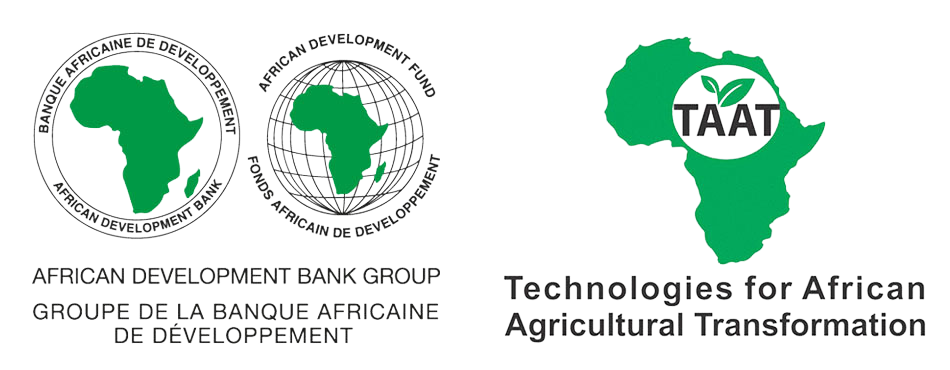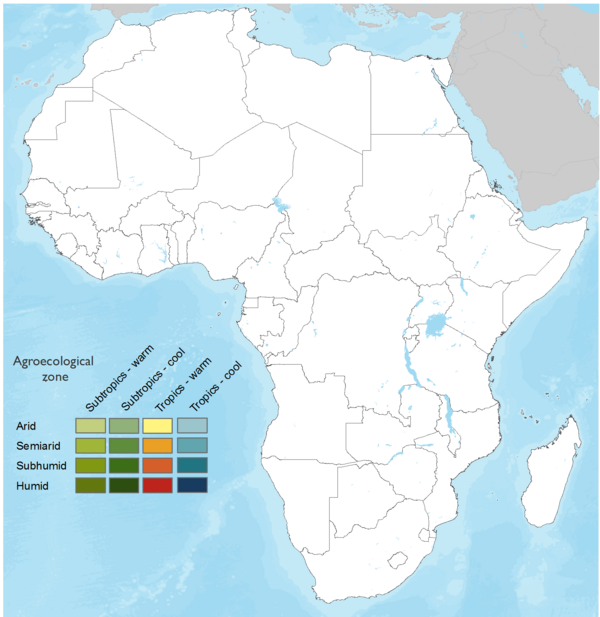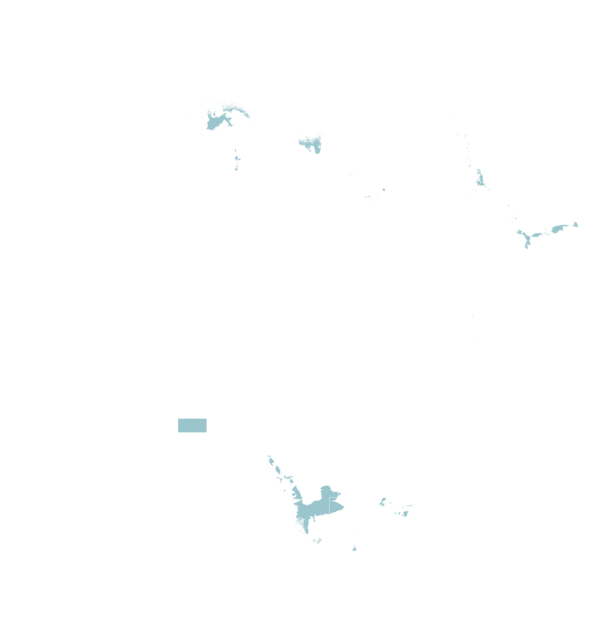

Special fertilizer for root and tuber crops
Specialty Blended Fertilizers for Root and Tuber Crops are tailor-made fertilizers that provide a well-balanced mix of vital nutrients such as nitrogen, phosphorus, potassium, and sulfur, which helps to tackle deficiencies often found in soils in Sub-Saharan Africa. By making use of fertilizers and manufacturing resources readily available in the region, these specialized mixes are designed to meet the specific needs of sweet potato and cassava farming under different conditions. This approach allows for the efficient and sustainable use of nutrients within the farming system, while boosting root growth, tuber filling, and overall crop health.
This technology is TAAT1 validated.
sweetpotato yield increase
Open source / open access
Nutrient Deficiencies in Soils: Soils across many landscapes in Sub-Saharan Africa lack essential nutrients such as nitrogen, phosphorus, potassium, and sulfur required for root and tuber crops like sweet potato and cassava.
Low Soil Fertility: Production areas for sweet potato and cassava face limitations in crop production due to low soil fertility, intensive cultivation, and high population density.
Insufficient Crop Resilience: Root and tuber crops are susceptible to drought, pests, diseases, and stress, affecting crop quality and productivity.
Balanced Nutrient Supply: Specially designed fertilizers provide a balanced supply of essential nutrients like nitrogen, phosphorus, potassium, and sulfur, addressing the deficiencies found in the soils of Sub-Saharan Africa.
Enhanced Crop Health and Yield: By providing the right nutrient formula at the right time and place, the fertilizers significantly enhance the productivity, quality, and resilience of tuber crops, helping them resist drought, pests, diseases, and stress.
Meeting Specific Crop Needs: Specific nutrient formulas can be made by blending a wide range of solid granular types of fertilizers. This caters to the specific needs of sweet potato and cassava under different conditions.
Manufacturer:
Reseller:
User Farmers (Root & Tuber Crop Growers):
Additional Considerations:
Adults 18 and over: Positive low
The poor: Positive low
Women: Positive low
Climate adaptability: Moderately adaptable
Farmer climate change readiness: Significant improvement
Biodiversity: No impact on biodiversity
Carbon footprint: Same amount of carbon released
Environmental health: Does not improve environmental health
Soil quality: Does not affect soil health and fertility
Water use: Same amount of water used
Scaling Readiness describes how complete a technology’s development is and its ability to be scaled. It produces a score that measures a technology’s readiness along two axes: the level of maturity of the idea itself, and the level to which the technology has been used so far.
Each axis goes from 0 to 9 where 9 is the “ready-to-scale” status. For each technology profile in the e-catalogs we have documented the scaling readiness status from evidence given by the technology providers. The e-catalogs only showcase technologies for which the scaling readiness score is at least 8 for maturity of the idea and 7 for the level of use.
The graph below represents visually the scaling readiness status for this technology, you can see the label of each level by hovering your mouse cursor on the number.
Read more about scaling readiness ›
Semi-controlled environment: testing
Used by some projects NOT connected to technology provider
| Maturity of the idea | Level of use | |||||||||
| 9 | ||||||||||
| 8 | ||||||||||
| 7 | ||||||||||
| 6 | ||||||||||
| 5 | ||||||||||
| 4 | ||||||||||
| 3 | ||||||||||
| 2 | ||||||||||
| 1 | ||||||||||
| 1 | 2 | 3 | 4 | 5 | 6 | 7 | 8 | 9 | ||
| Country | Testing ongoing | Tested | Adopted |
|---|---|---|---|
| Ethiopia | –No ongoing testing | Tested | Adopted |
| Kenya | –No ongoing testing | Tested | Adopted |
| Nigeria | –No ongoing testing | Tested | Adopted |
This technology can be used in the colored agro-ecological zones. Any zones shown in white are not suitable for this technology.

















| AEZ | Subtropic - warm | Subtropic - cool | Tropic - warm | Tropic - cool |
|---|---|---|---|---|
| Arid | ||||
| Semiarid | ||||
| Subhumid | ||||
| Humid |
Source: HarvestChoice/IFPRI 2009
The United Nations Sustainable Development Goals that are applicable to this technology.

Balanced Nutrient Supply: Specially designed fertilizers provide a balanced supply of essential nutrients like nitrogen, phosphorus, potassium, and sulfur, addressing the deficiencies found in the soils of Sub-Saharan Africa.
Enhanced Crop Health and Yield: By providing the right nutrient formula at the right time and place, the fertilizers significantly enhance the productivity, quality, and resilience of tuber crops, helping them resist drought, pests, diseases, and stress.
Efficient Nutrient Utilization: Tailored fertilizer regimes ensure efficient and sustainable nutrient utilization in the cropping system, supporting root development, tuber filling, and crop health.
Improved Agronomic Efficiency: The use of inorganic fertilizers on improved varieties of sweet potato and cassava results in stable and larger yields, enhancing the overall efficiency of crop production.
Customized Nutrient Formulas: Blending a wide range of solid granular fertilizers allows for the creation of specific nutrient formulas, including the addition of micronutrients like zinc, boron, and copper, addressing additional deficiencies and enhancing the production of sweet potato and cassava crops.
Last updated on 7 November 2025